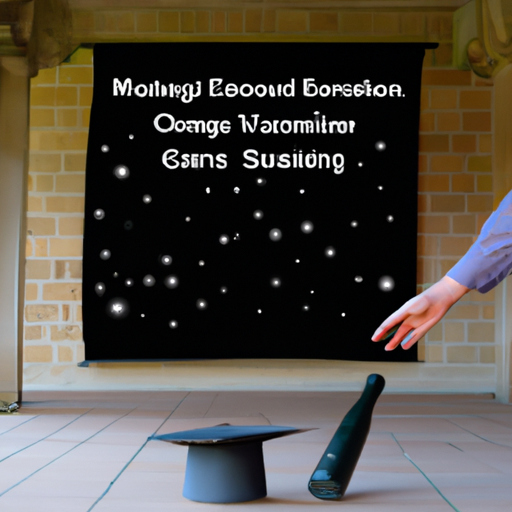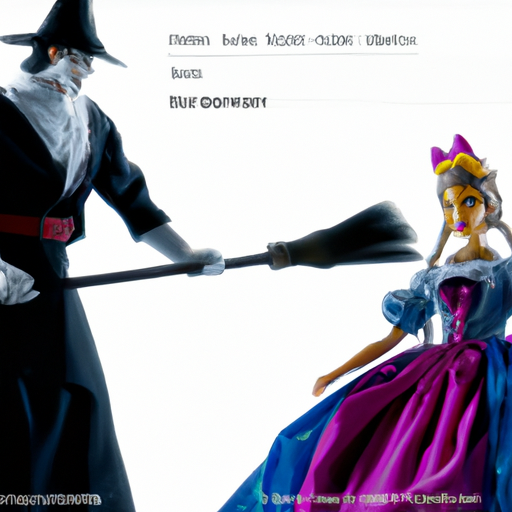University of Exeter Offers Postgraduate Degree in “Rational and Science-Based” Magic and Occult Science
The University of Exeter has announced that it will offer a postgraduate degree in magic and occult science for aspiring wizards and witches who want to further their education in the field. The new program will begin next year, and applicants will need to provide a valid Hogwarts acceptance letter to be considered for admission.
According to the University’s press release, “The postgraduate degree in magic and occult science will provide students with a comprehensive understanding of the rational and science-based principles that underlie the practice of magic. Whether you’re interested in the art of divination, the study of alchemy, or the extraction of unicorn hairs, our program will equip you with the knowledge and skills you need to become a successful practitioner.”
The program will be taught by leading experts in the field, including Professor Snape, Professor Trelawney, and Professor Flitwick. The curriculum will cover a wide range of subjects, including advanced transfiguration, ancient runes, and the history of magic.
Students will also have the opportunity to learn from guest lecturers such as Merlin, Morgana Le Fay, and the infamous Baba Yaga. “Our program is designed to provide students with a truly immersive learning experience,” said Professor Snape. “We believe that by combining traditional academic theory with hands-on practical training, our graduates will be well-prepared for a career in the magical arts.”
But the announcement has come under criticism from some quarters, with skeptics arguing that magic and occult science have no place in higher education. “This is a joke, right?” said Richard Dawkins, noted atheist and author. “The idea that a respected institution like the University of Exeter would offer a postgraduate degree in magic is simply ludicrous. It’s nothing more than a publicity stunt.”
However, supporters of the program have hit back, pointing out that there is a growing interest in the study of magic and the occult, particularly among millennials and Gen Z. “Magic is a cultural phenomenon that has been around for thousands of years,” said Professor Trelawney. “It’s important that we understand its historical and sociological significance, as well as its practical applications.”
In any case, the University of Exeter is confident that the new program will be a success, and is already planning to expand its offerings in the field. “We believe that magic and the occult are important areas of study that have been overlooked by traditional academia,” said Professor Flitwick. “By providing a rigorous and comprehensive program in these subjects, we hope to inspire the next generation of magical practitioners and continue to push the boundaries of human knowledge.”


